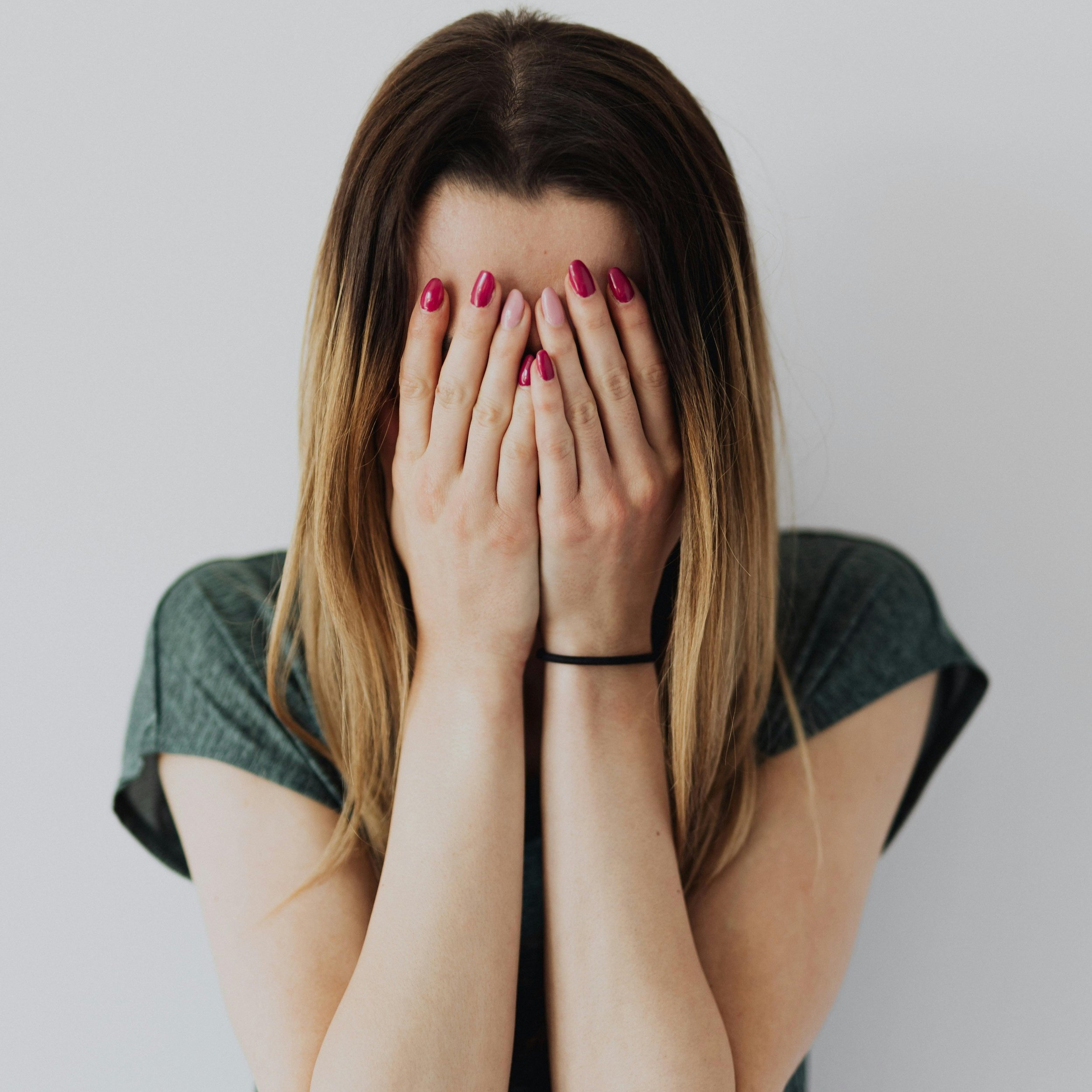Not Just Anxiety: What Is Pure-O OCD?
Obsessive-Compulsive Disorder (OCD) is a well-known mental health condition. OCD is characterized by intrusive thoughts and repetitive behaviors. However, a lesser-known form of OCD is called "Pure-O" or Pure Obsessional OCD. It's often misunderstood and confused with anxiety.
Let’s clarify Pure-O OCD and provide a better understanding of its unique traits. We'll also explain why it doesn't respond to conventional anxiety treatments.
Understanding Pure-O OCD
Pure-O OCD is a subtype of OCD involving intrusive thoughts without visible compulsive behaviors. In typical OCD, actions like hand-washing or checking are apparent. With Pure-O OCD, compulsions primarily manifest as mental rituals and intrusive thoughts.
Not Truly “Pure”
The term “pure O” is a misnomer for this condition. It was originally termed “Pure O” because there was no visible compulsion. However, people with this variation of OCD very much do have a compulsion, it’s just not visible. Their compulsions are mental or more subtle behaviors.
Recognizing the Characteristics Of Pure-O OCD
Intrusive Thoughts
Pure-O OCD is marked by distressing, intrusive thoughts. These thoughts often focus on themes like harm, violence, sexual obsessions, or taboo subjects. Individuals with Pure-O constantly battle these intrusive thoughts, leading to intense anxiety. They may worry they are going to hurt others or themselves. The research is very clear that people with Pure-O OCD are not dangerous. In fact, they are some of the most conscientious and cautious people you'll meet.
Mental Rituals
Though there are no obvious physical compulsions, people with Pure-O engage in covert mental rituals. These rituals include mental checking, seeking reassurance, or mentally reviewing past actions. This is done to alleviate anxiety triggered by their intrusive thoughts. But the rituals reinforce the thoughts, leading to a constant cycle of anxiety and ritual.
Hidden Struggles
Pure-O sufferers often keep their condition hidden due to shame and fear of judgment. They may appear "normal" externally, making it challenging for others to recognize their turmoil.
The Anxiety Roller Coaster
Many people with OCD would describe their baseline anxiety as a 4 out of 10. That's pretty uncomfortable day to day! Then, something happens to spike the anxiety. Feeling frantic, the person engages in the compulsion, and the anxiety goes back to 4. But it never goes to zero. And before you know it, their anxiety spikes again, and they engage in the compulsion to get back to 4. It's a self-reinforcing cycle that most people need specialized care to break. The good news? If you successfully break the cycle, your baseline of anxiety can permanently decrease to a 1 or 2.
Dispelling Misconceptions About Pure-O OCD
Mistaken for Anxiety
A common misconception is that Pure-O OCD is merely a form of anxiety. While anxiety is a component, Pure-O OCD is a distinct condition with its unique thought patterns and mental rituals. Even many mental health professionals mistake Pure-O OCD for anxiety. For this reason, many people with Pure-O OCD don't feel therapy is helpful. That's because the care they're receiving isn't targeted to what's actually going on.
Absence of Compulsions
Because there are physical compulsions, one might assume Pure-O OCD isn't as severe as typical OCD. However, the distress caused by intrusive thoughts and the mental rituals can be debilitating. This hidden suffering can be isolating, leading to depression on top of OCD.
Why Traditional Anxiety Treatments May Fall Short
Lack of Exposure and Response Prevention (ERP)
Exposure and Response Prevention (ERP) is the most effective therapy for OCD. ERP focuses on confronting fears and reducing compulsive behaviors. It's the go-to therapy for OCD of all types. In Pure-O OCD, the absence of physical compulsions makes applying ERP challenging. However, it can be done by a skilled therapist.
Ineffective Medications
While some medications can help manage OCD symptoms, they may be less effective for Pure-O OCD. Some medications mainly target anxiety and may not address the underlying thought patterns. However, research suggests that medication can significantly decrease OCD symptoms of all kind. Be sure you're working with a prescriber who has experience with OCD.
Strategies for Managing Pure-O OCD
Seek Specialized Treatment
If you suspect you have Pure-O OCD, consult a mental health professional experienced in OCD treatment. Many therapists do not receive training in working with OCD, so be sure to go to a specialist. They can create a tailored plan.
Mindfulness and Acceptance
Mindfulness techniques are critical to help individuals with Pure-O OCD feel better. Mindfulness helps people acknowledge intrusive thoughts without judgment, reducing associated anxiety. Acceptance and Commitment Therapy (ACT) is also helpful to people with OCD.
Family and Partner Support
A critical component of treating Pure O OCD often involves having family and loved ones change some things. Many people with OCD have had their compulsions accommodated by family, to the point where they get worse. You may need to ask your loved ones to stop accommodating or reassuring you so you can get better.
Build Support Networks
Establishing a support network is vital in managing Pure-O OCD. Share your experiences with trusted friends and family who can provide understanding and support. It's also important that you find a community of other people who have experiences similar to yours. You're definitely not the only person who has ever experienced OCD. You shouldn't feel like it.
Conclusion
Pure-O OCD is a unique and often misunderstood subtype of obsessive-compulsive disorder. Recognizing its distinct characteristics and the challenges it presents is essential. By understanding that traditional anxiety treatments may not be effective, people with Pure-O OCD can explore specialized care. The right therapist will teach you strategies tailored to your needs. You are not alone, and help is available to manage Pure-O OCD and enhance your quality of life. Reach out today and schedule a free consultation with one of our qualified therapists.




